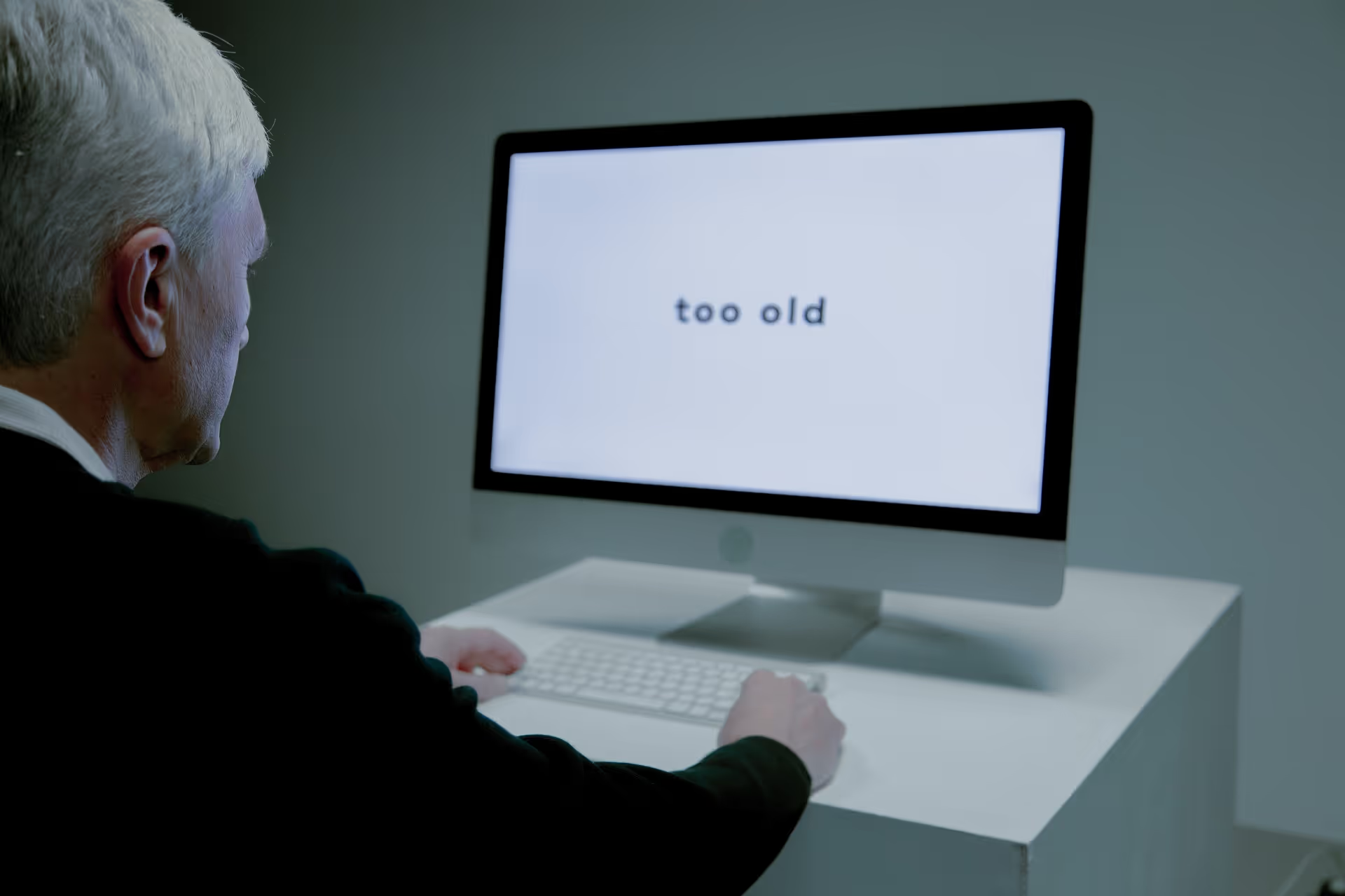We’ve long been suspecting it. And we’ve been observing it again and again in our everyday practice at epiAge. Now science has confirmed it once more. Covid − especially in its more severe forms − makes you older (see blogpost 1 and blogpost 2). However, this biological age acceleration need not be permanent!
The article "Biological age is increased by stress and restored upon recovery" from Cell Biology, which we already mentioned in a blogpost on stress, postulates that significant stressors such as emergency surgery, pregnancy or severe Covid disease can cause significant epigenetic ageing. However, this form of ageing appears to be reversible i.e., it usually normalises over a period of time.
The cohort of Covid sufferers examined for the study was small: 10 female patients (average age: 59.53) and 19 male patients (average age: 61.39). All of them were so severely ill that they had to be artificially ventilated and spend a number of days in an intensive care unit. While epigenetic clocks of the first generation were not able to detect biological age fluctuations, second-generation clocks certainly could. However, the fluctuations proved to be very different, depending on the type of clock used and on the gender of patients. For men, recovery over the period considered did not prove to be significant. The fact that both the course of disease and survival rates are generally worse in male patients may explain this discrepancy. Additionally, since the final tests were performed when patients were discharged from the hospital, it may well be that recovery simply takes longer in male patients.
At epiAge, based on our beta tests as well as numerous support cases, we noticed that even milder forms of Covid can cause a biological age acceleration. But as a rule, both genders experienced a normalisation over three to six months after the disease. Our findings, of course, can only be considered anecdotal since we were not conducting a formal scientific study.
Source
Jesse R. Poganik, Bohan Zhang, Gurpreet S. Baht, Alexander Tyshkovskiy, Amy Deik, Csaba Kerepesi, Sun Hee Yim, Ake T. Lu, Amin Haghani, Tong Gong, Anna M. Hedman, Ellika Andolf, Göran Pershagen, Catarina Almqvist, Clary B. Clish, Steve Horvath, James P. White, Vadim N. Gladyshev, „Biological age is increased bystress and restored upon recovery“, Cell Metabolism, Volume 35, Issue 5, 2023, 807-820.e5, https://doi.org/10.1016/j.cmet.2023.03.015. Online: https://www.sciencedirect.com/science/article/abs/pii/S1550413123000931 (last accessed: 12.06.2023)
Illustration
Ron Lach / pexels
 Back to all posts
Back to all posts